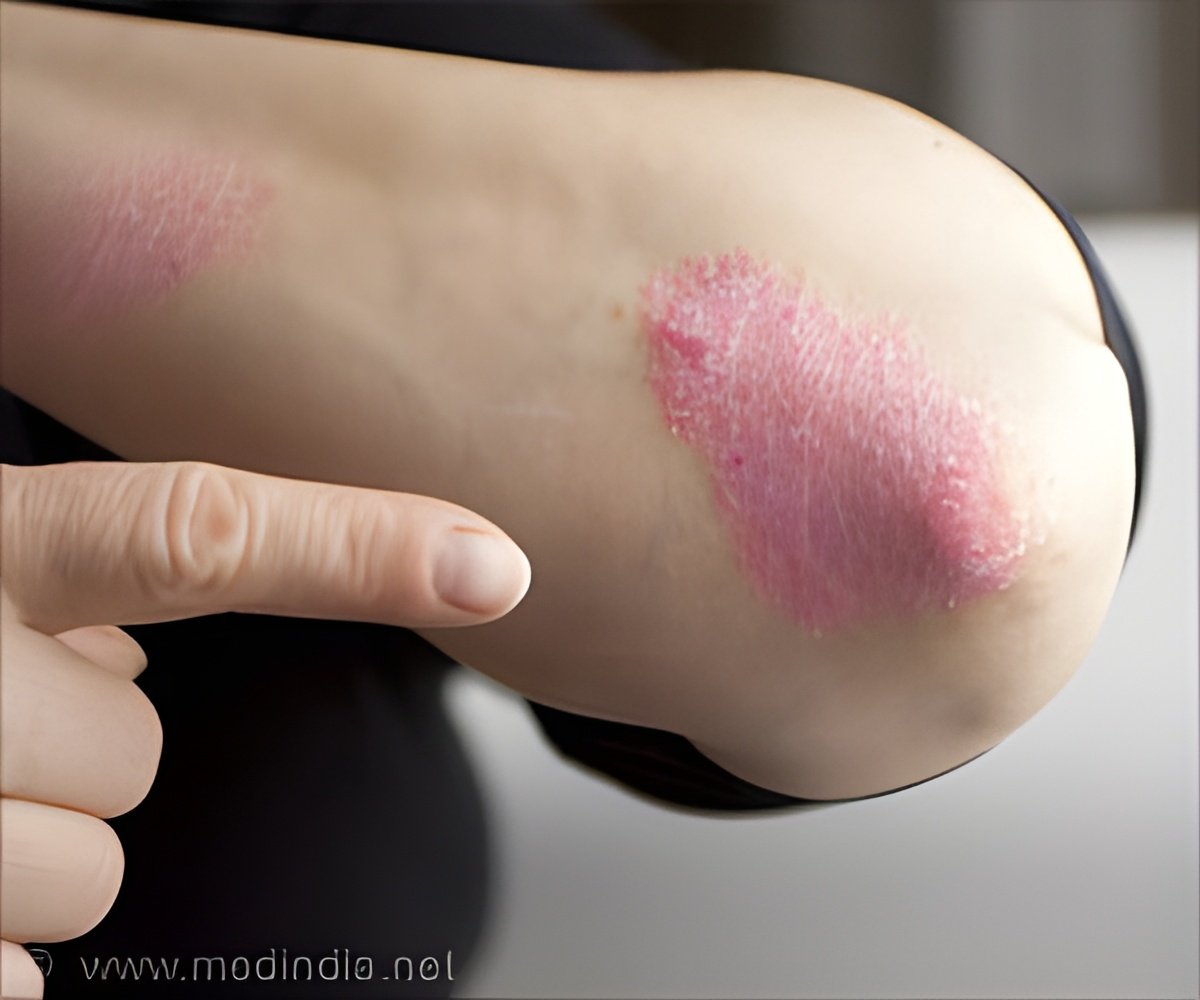Psoriasis begins as a small scaling papule and they form scaling plaques. These plaques tend to occur in the scalp, elbows, and knees.

‘Although psoriatic plaques can be limited to only a few small areas, the condition can involve widespread areas of skin anywhere on the body and symptoms vary depending on the type.’





A Swedish study that followed 583 individuals for up to 10 years shows a satisfactory long-term effectiveness of biologic treatments. The findings were recently published in the British Journal of Dermatology. "We employed a real-life patient perspective in this study," says Marcus Schmitt-Egenolf, professor at the Department of Public Health and Clinical Medicine at Umeå University and senior author of the study.
"Most studies in this area were initiated by the industry and conducted in controlled settings that are ultimately beneficial for their product. Consequently, those studies cannot really predict how a product will perform under real-life circumstances, with real-life patients."
The current study was based on data from repeated consultations of patients included in the Swedish psoriasis register and conducted by researchers at Umeå University and the Swedish Institute for Health Economics (IHE) in Lund.
Psoriasis is a common autoimmune skin disease affecting about three percent of the western population. Moderate-to-severe psoriasis is associated with a dose-dependent risk for cardiovascular and metabolic morbidity. In the beginning of the century, the introduction of a new class of drugs for psoriasis, biologics, transformed the treatment of moderate-to-severe psoriasis by providing better skin clearance rates, low toxicity, and improved quality-of-life. This study, following real-life patients for up to ten years, shows now that these good effects do not diminish over time.
Advertisement
"In all three of these measures of treatment outcome we found significant differences between before- and after the switch to biological treatment, both at 3-5 months after the switch and also sustained over the entire observed timespan," says Marcus Schmitt-Egenolf.
Advertisement
Source-Eurekalert















